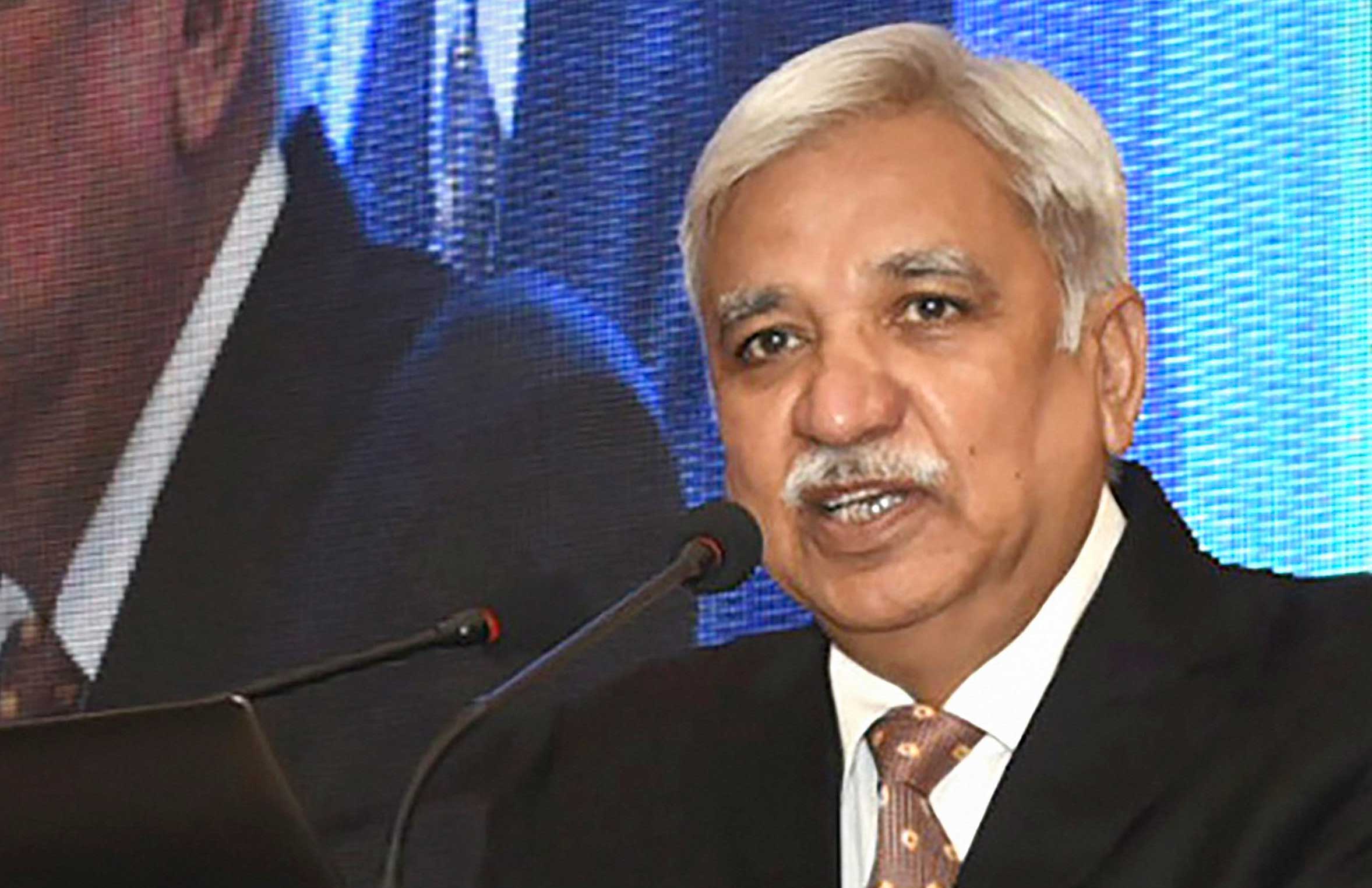A gap between the letter and the spirit of a canon can lead to searching questions about the conduct of important institutions. Consider the case of the internal turmoil within the Election Commission. Ashok Lavasa, one of the election commissioners, has decided to recuse himself from the meetings to discuss alleged violations of the model code of conduct as a mark of protest against the exclusion of his minority view in the EC’s official orders. It has been reported that Mr Lavasa disagreed, as many as five times, with the EC’s decisions to give the prime minister and the president of the Bharatiya Janata Party clean chits on numerous charges of violating the electoral code. The chief election commissioner, Sunil Arora, has described the resultant controversy as “unsavoury”; it has been pointed out that according to the existing regulations, the EC has to take cognizance of the majority view and that there is no need to put on record the dissenting opinion since the transgressions of the model code are not considered to be part of quasi-judicial hearings. It is thus being suggested that the commission has been honouring the spirit of the law, as it were, and that Mr Lavasa is effectively demanding an intervention that is unprecedented.
Yet, there is a strong case to argue in favour of such a precedent. One of the markers of a constitutional body is its adherence to transparency. A difference of opinion is not antithetical to the democratic spirit that the Constitution seeks to uphold. On the contrary, it points to the robust character of democratic institutions. Why then should the guiding principles of the EC not make provisions for the inclusion of the dissenting view in the commission’s public pronouncements? Mr Lavasa has argued that the EC’s decision has immense significance in the context of elections. By his logic — it has a convincing ring to it — it is only fair that political parties as well as the people are given an opportunity to know whether a particular decision — the curtailment of campaigning in Bengal, for instance — was taken unanimously or not. Dissent complements democracy. Mr Lavasa’s complaint regarding the EC’s stern attitude towards recording the minority view may project the commission as a stifling, authoritarian institution. That would be another blow to the EC’s image. After all, it has not exactly covered itself in glory in this general election.

